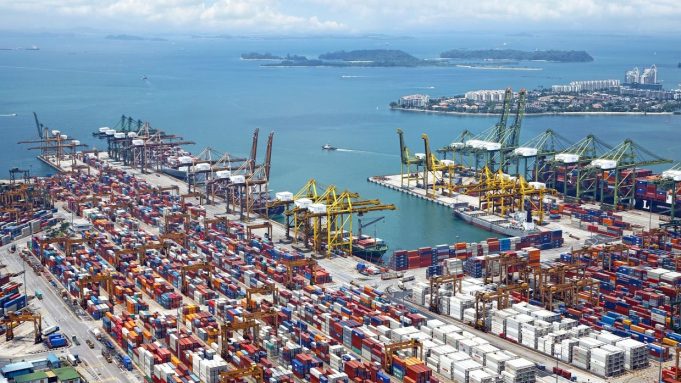KUALA LUMPUR: From the same month the year before, Malaysia’s exports increased by 11% to RM204.99 billion in February 2023. With both export and import values reaching their highest levels ever for the month.
The country’s exports increased 9.8% to RM112.28 billion, according to a statement from the Ministry of International Trade and Industry (Miti), thanks to robust sales of petroleum products, electrical and electronic (E&E) goods, and liquefied natural gas. (LNG).
In contrast, imports rose 12.4% year over year (y-o-y) to RM92.71bil, resulting in a RM19.56bil trade balance in February.
The trade surplus increased by 7.9% when compared to January 2023. But commerce, exports, and imports decreased by 1.1%, 0.3%, and 1.9%, respectively, as a result of the shorter workweek.
According to Miti, the rise in exports was support by a 14.8% year-over-year increase in shipments to Asean nations. Totaling RM33.69bil, with a 27.7% increase in export value to Singapore as the main driver.
This assisted in offsetting a 6% year-over-year decline in export value to China, down to RM14.36bil. As a result of reduced exports of chemicals and chemical products, petroleum products, and iron and steel products.
In the meantime, exports to the US increased by a double digit 18.7% year over year to RM12.33 billion due to robust exports of E&E goods.
Manufacturing exports, which make up 85% of all exports and rose 9.5% year over year to RM95.4 billion, were driven by strong exports of petroleum and E&E commodities.
While exports of agriculture goods decreased 9% over the year. As a result of lower exports of palm oil and farm products based on palm oil, exports of mining goods increased 34.8% year over year to RM9.2bil on higher exports of LNG.
Following higher imports of primary fuel and lubricants, imports of intermediate products increased by 3.3% year over year.
The import of consumption goods increased 1.2% year over year. As a result of higher imports of primary food and beverages, mostly for domestic consumption. The import of capital goods decreased 0.3% year over year due to lower imports of non-transport capital goods.
















